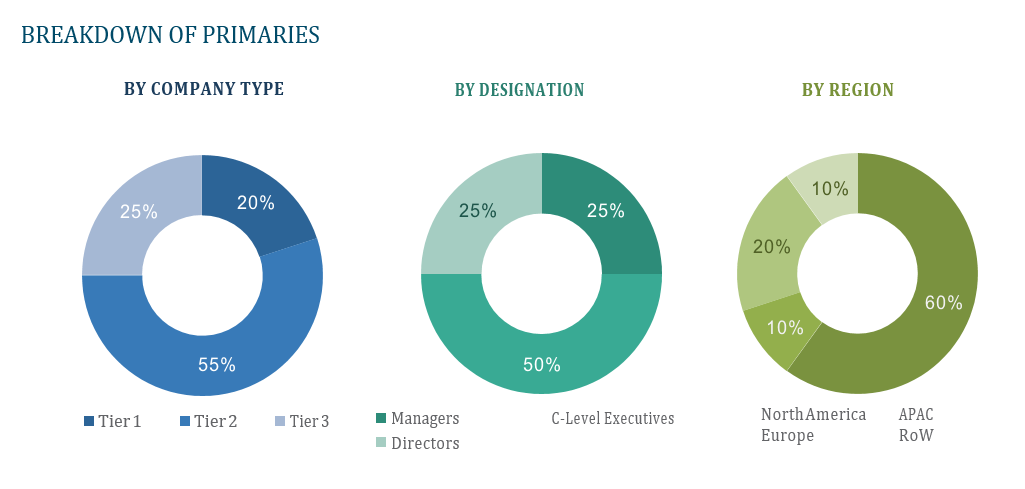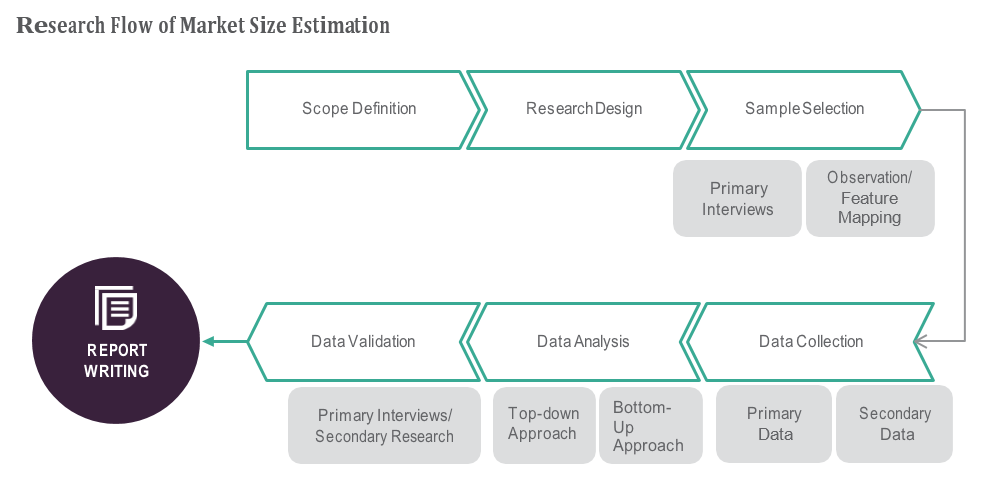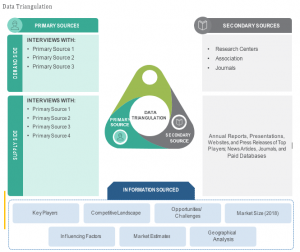OVERVIEW
The Fleet Management Systems Market is currently valued at USD 28.6 billion in 2024 and will be growing at a CAGR of 14.2% over the forecast period to reach an estimated USD 55.6 billion in revenue in 2029. The Fleet Management Systems market encompasses a broad range of software and technologies designed to enhance the operational efficiency, safety, and compliance of vehicle fleets. These systems provide real-time monitoring and management of vehicles, enabling businesses to optimize routes, reduce fuel consumption, and monitor driver behavior. Through GPS tracking, telematics, and data analytics, fleet management systems offer insights into vehicle health, maintenance needs, and performance metrics. This allows companies to make informed decisions, improve logistics, and reduce operational costs. As businesses increasingly prioritize sustainability and efficiency, the demand for advanced fleet management solutions continues to grow, making it a key sector in the global transportation and logistics industry.
The growth of the Fleet Management Systems market is propelled by several key drivers. Firstly, the increasing emphasis on operational efficiency and cost reduction within logistics and transportation sectors pushes companies to adopt these systems. The integration of telematics and IoT (Internet of Things) technologies has made real-time vehicle tracking and management more accessible and effective, further fueling adoption. Stringent regulatory requirements regarding emissions, safety, and driver hours across regions also necessitate advanced fleet management solutions to ensure compliance. Additionally, the rise in fuel prices compels businesses to seek ways to minimize fuel consumption, for which fleet management systems offer valuable tools. Moreover, the growing awareness and need for eco-friendly operations drive the demand for systems that can help in optimizing routes and reducing the carbon footprint of fleet operations. Together, these factors create a robust demand for fleet management solutions, underscoring their critical role in modern transport and logistics strategies.
Table of Content
Market Dynamics
Drivers:
The growth of the Fleet Management Systems market is propelled by several key drivers. Firstly, the increasing emphasis on operational efficiency and cost reduction within logistics and transportation sectors pushes companies to adopt these systems. The integration of telematics and IoT (Internet of Things) technologies has made real-time vehicle tracking and management more accessible and effective, further fueling adoption. Stringent regulatory requirements regarding emissions, safety, and driver hours across regions also necessitate advanced fleet management solutions to ensure compliance. Additionally, the rise in fuel prices compels businesses to seek ways to minimize fuel consumption, for which fleet management systems offer valuable tools. Moreover, the growing awareness and need for eco-friendly operations drive the demand for systems that can help in optimizing routes and reducing the carbon footprint of fleet operations. Together, these factors create a robust demand for fleet management solutions, underscoring their critical role in modern transport and logistics strategies.
Key Offering:
Key offerings in the Fleet Management Systems market include a comprehensive suite of solutions designed to optimize fleet operations and enhance efficiency. These offerings encompass GPS tracking systems, which provide real-time location data; telematics services, offering insights into vehicle health, fuel usage, and driver behavior; route optimization software, enabling businesses to plan the most efficient routes thereby reducing fuel consumption and delivery times; maintenance and vehicle health monitoring tools, alerting managers about necessary repairs or scheduled service to prevent downtime; and compliance management features, ensuring adherence to regulatory standards and reporting requirements. Additionally, advanced analytics and reporting capabilities are integral, enabling businesses to analyze operational data, identify trends, and make informed decisions to improve overall fleet performance. These solutions are tailored to meet the diverse needs of various industries, including logistics, transportation, delivery services, and any business managing a vehicle fleet, providing them with the tools to reduce costs, enhance safety, and improve operational efficiency.
Restraints :
The adoption of Fleet Management Systems faces several restraints that hinder its market growth. High initial setup and operational costs can be prohibitive for small and medium-sized enterprises (SMEs), limiting their ability to invest in such advanced systems. Concerns regarding data privacy and security also pose significant challenges, as fleet management involves the collection and analysis of vast amounts of sensitive information, raising fears of data breaches or misuse. Additionally, the complexity of integrating these systems with existing operations and the need for training personnel to effectively use new technologies can deter businesses from adopting them. Resistance to change within organizations, particularly from drivers accustomed to traditional methods of operation, further complicates implementation efforts. Moreover, in regions with poor internet connectivity, the full benefits of fleet management solutions, which rely heavily on real-time data transmission, cannot be realized, thus restraining their adoption in such areas. These challenges collectively contribute to the restrained growth and adoption rates of fleet management systems across various industries.
Regional Information:
The global Fleet Management Systems market exhibits significant regional variations, influenced by factors such as technological adoption rates, regulatory environments, and economic conditions. North America, being a technologically advanced region with stringent regulatory standards on vehicle emissions and safety, leads in the adoption of fleet management solutions, driven by the need for operational efficiency and compliance. Europe follows closely, with a strong emphasis on sustainability and eco-friendly transportation initiatives, spurring demand for such systems. The Asia-Pacific region is experiencing rapid growth in this market, fueled by the expanding logistics and e-commerce sectors, alongside increasing awareness of the benefits of fleet management systems in countries like China and India. In contrast, regions such as Latin America and Africa are witnessing slower adoption rates, primarily due to challenges related to infrastructure, internet connectivity, and investment capabilities. However, these regions hold significant growth potential as they begin to overcome these hurdles and recognize the value of fleet management in boosting operational efficiency and meeting global standards.
Recent Developments:
• In June 2024, MoveEV, an AI-powered EV transition platform, partnered with Geotab. The collaboration integrates MoveEV’s flagship product, ReimburseEV, into the Geotab Marketplace, marking a significant step in advancing sustainable fleet management.
• In September 2023, Trimble partnered with transportation solution provider Next Generation Logistics to make its Engage Lane solution available to their base of shippers through the Transportation Cloud.
Key Players:
Frequently Asked Questions
1) What is the projected market value of the Fleet Management Systems Market?
– The Fleet Management Systems Market is expected to reach an estimated value of USD 55.6 billion in revenue by 2029.
2) What is the estimated CAGR of the Fleet Management Systems Market over the 2024 to 2029 forecast period?
– The CAGR is estimated to be 14.2% for the Fleet Management Systems Market over the 2024 to 2029.
3) Who are the key players in the Fleet Management Systems Market?
– Trimble Inc., Geotab, Verizon Connect, Omnitracs, Teletrac Navman, Samsara, TomTom Telematics, Fleetmatics (a Verizon Company), ORBCOMM, MiX Telematics.
4) What are the drivers for the Fleet Management Systems Market?
– The Fleet Management Systems market is growing due to operational efficiency, cost reduction, regulatory compliance, rising fuel prices, and eco-friendly operations. The integration of telematics and IoT technologies, stringent emissions and safety requirements, and the need for efficient routes and reduced carbon footprint are driving the adoption of these solutions in modern transport and logistics strategies.
5) What are the restraints and challenges in the Fleet Management Systems Market?
– Fleet Management Systems face challenges in market growth due to high initial setup and operational costs, concerns about data privacy and security, integration complexity, resistance to change, and poor internet connectivity. These factors limit the adoption of these systems across various industries, particularly for small and medium-sized enterprises, as well as those accustomed to traditional methods.
6) What are the key applications and offerings of the Fleet Management Systems Market?
– The Fleet Management Systems market offers a range of solutions to optimize fleet operations and enhance efficiency. These include GPS tracking systems, telematics services, route optimization software, maintenance monitoring tools, and compliance management features. Advanced analytics and reporting capabilities help businesses analyze data, identify trends, and make informed decisions. These solutions cater to various industries, reducing costs, enhancing safety, and improving operational efficiency.
7) Which region is expected to drive the market for the forecast period?
– North America is expected to have the highest market growth from 2024 to 2029
Why Choose Us?
Insights into Market Trends: Global Market Studies reports provide valuable insights into market trends, including market size, segmentation, growth drivers, and market dynamics. This information helps clients make strategic decisions, such as product development, market positioning, and marketing strategies.
Competitor Analysis: Our reports provide detailed information about competitors, including their market share, product offerings, pricing, and competitive strategies. This data can be used to inform competitive strategies and to identify opportunities for growth and expansion.
Industry Forecasts: Our reports provide industry forecasts, which will inform your business strategies, such as investment decisions, production planning, and workforce planning. These forecasts can help you to prepare for future trends and to take advantage of growth opportunities.
Access to Industry Experts: Our solutions include contributions from industry experts, including analysts, consultants, and subject matter experts. This access to expert insights can be valuable for you to understand the market.
Time and Cost Savings: Our team at Global Market Studies can save you time and reduce the cost of conducting market research by providing comprehensive and up-to-date information in a single report, avoiding the need for additional market research efforts.









